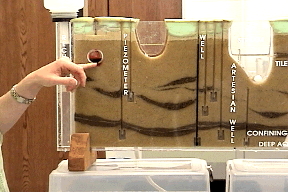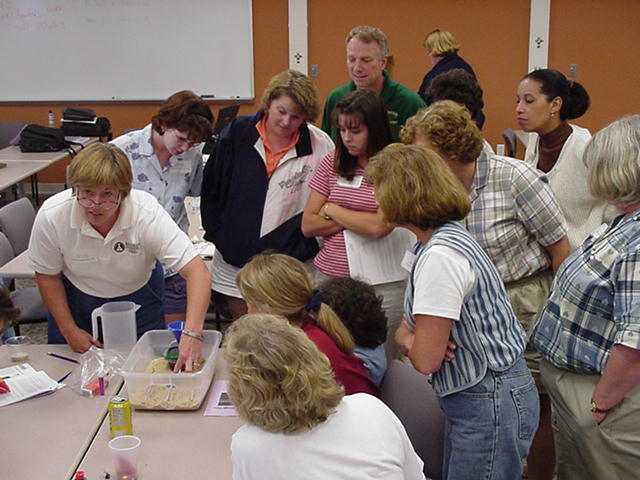
Educating
the Public
NOW AVAILABLE: NEW BROCHURE FOR PUBLIC
EDUCATION
CLICK HERE
Ground Water Flow Model Available for Loan

Because many facilities and human activities may contaminate ground water, the community needs to be informed and educated about how they can protect the water supply. Public support is essential for such a program because the public will be asked to change some of their attitudes and practices.
A Purdue Extension publication on Effective Wellhead Protection Through Education will provide you with more detailed information on various ways to provide community education.


For more information
contact Jane Frankenberger (frankenb@purdue.edu)
or Brent Ladd (laddb@purdue.edu)
or call the Purdue Extension Safe Water office at 765-496-6331

Home | Local Team | Delineation | Source Inventory | Management | Contingency | Consultants | Links | Case Studies